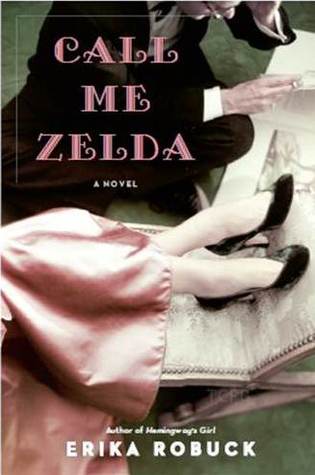Sometimes the hardest thing about writing is getting started. First, you fight the internal battle to sit your bum in the chair. Once you actually sit, you have to figure out what to write. Then there’s the issue of having an idea in your head only to forget it the moment you open a document on the computer. Or if your remember what you wanted to write, you can’t think of how to say it. The words don’t seem to make sense.
This situation reminds of the advice I read in Writing Down the Bones. Natalie Goldberg suggested that writers keep a page in their notebook with ideas of potential topics. But there are times when even coming up with a list can be a struggle. A few days ago, I tried to develop a list but ended up writing things like Oreo cookies, ocean waves or asking questions like why am I stuck. And while that type of question could be inspirational, it’s usually the result of a deeper existential crisis, which by the way never inspires me to write. So I’m left either whining about my life or writing about how I don’t know what to write about. Not exactly the type of thing that awakens one’s muse.
Whenever I’m stuck in a rut, it’s usually because I’m spending too much time in my head. I allow myself to frequent those dark places that rehash old hurts and play out terrifying what-ifs. Sometimes those thoughts are so overwhelming that I find myself saddened to the point of tears. And as a result, not only don’t I write, I don’t read either. It’s as if I check out of the writer’s life.
To be honest, I have struggled with this issue on and off for the last year or so. But rece ntly I bought Call me, Zelda by Erika Robuck from a local
ntly I bought Call me, Zelda by Erika Robuck from a local
independent bookstore. I had gone to hear another writer speak, but I found myself more intrigued by the cover of Robuck’s book. It reminded me of The Great Gatsby. Turns out Zelda Fitzgerald was one of the characters in the novel. The story is about the friendship that forms between Zelda and her psychiatric nurse, Anna Howard. Like many fictionalized stories of famous writers, the story dealt with elements of the writing life. In fact, early in the novel Anna encourages Zelda to write in order to aid in her healing. I was excited by the whole premise, because it reminded me of the novel I’m revising about a woman who develops a mentoring relationship with Langston Hughes. I knew it would inspire my writing in some way. But what I hadn’t expected was how strongly my muse responded to Zelda’s reasons for not sharing her work with F. Scott Fitzgerald, her husband. I stopped reading, pulled out my journal and wrote continuously for the next forty-five minutes.
I hadn’t realized how much reading fed my spirit. It is a conduit to creativity and awakens my muse. Natalie Goldberg writes:
. . your writing comes out of a relationship with your life and its texture.
Reading is an essential part of the writing life. It gives us fresh eyes with which to view our world. It ask questions and challenges us to think in new ways. It engages our senses and makes the writer within come alive. When we find ourselves struggling to put words on the page, it may be an indication that we aren’t reading enough or the right type of things to foster a sense of curiosity, indignation or wonder.
Have you read today?